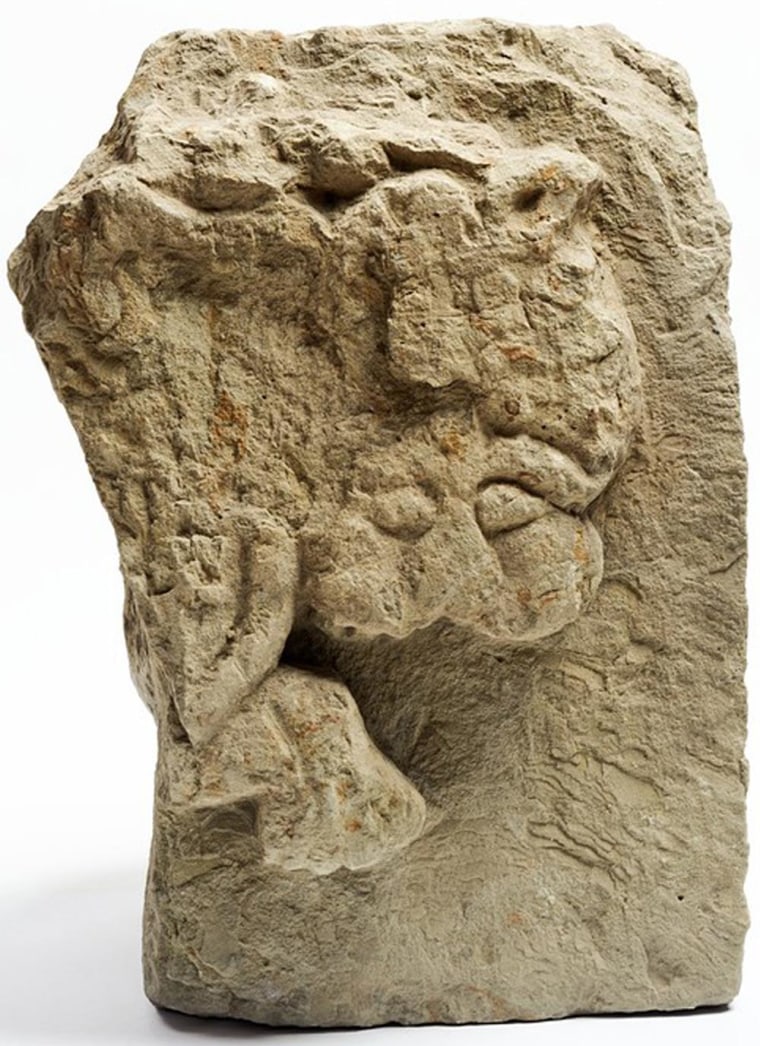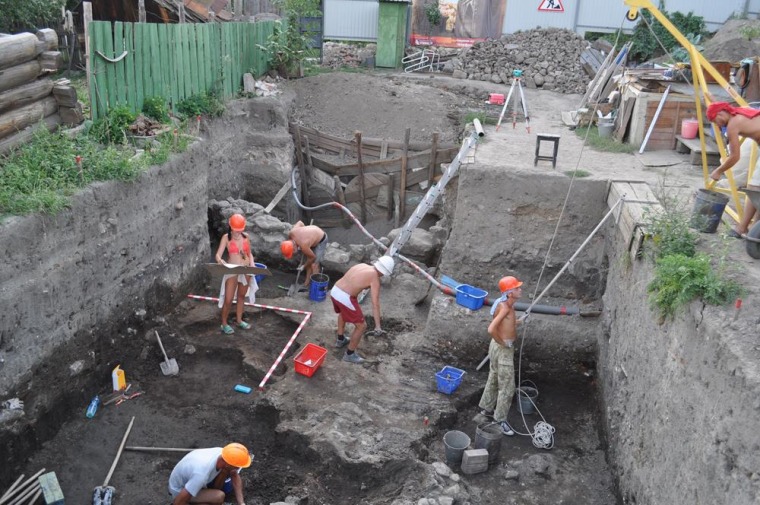Remains of a 750-year-old city, founded by the descendants of Genghis Khan, have been unearthed along the Volga River in Russia.
Among the discoveries are two Christian temples, one of which has stone carvings and fine ceramics.
The city’s name was Ukek and it was founded just a few decades after Genghis Khan died in 1227. After the great conqueror’s death, his empire split apart and his grandson Batu Khan, who lived from 1205 to 1255, founded the Golden Horde (also called the Kipchak Khanate).The Golden Horde kingdom stretched from Eastern Europe to Central Asia and controlled many of the Silk Road trade routes that connected China to Medieval Europe.
This city of Ukek was built close to the khan's summer residence along the Volga River, something which helped it become prosperous. The name "Golden Horde" comes from the golden tent from which the khan was said to rule. [See Photos of the Medieval 'Golden Horde' City and Artifacts]
Archaeologists with the Saratov Regional Museum of Local Lore have discovered the Christian quarter of Ukek, shedding light on the Christian people who lived under the Khan's rule. Ukek was a multicultural city, where a variety of religious beliefs were practiced including Islam, Christianity and Shamanism.

While Christians did not rule the Golden Horde, the discoveries archaeologists made show that not all the Christians were treated as slaves, and people of wealth frequented the Christian quarter of the city.
"Some items belonging to local elite were found in the Christian district," Dmitriy Kubankin, an archaeologist with the Saratov Regional Museum of Local Lore, told Live Science in an email."Among other things, there is a Chinese glass hair pin, with a head shaped as a split pomegranate, and a fragment of a bone plate with a carved dragon image."
The city of Ukek did not last for long. During the 14th century, the Golden Horde began to decline, and in 1395 Ukek was attacked by a ruler named Tamerlane, a man out to build an empire of his own. He destroyed Ukek and took over much of the territory formerly ruled by the Golden Horde, dealing them a blow from which they would never recover.
Today modern-day buildings cover much of Ukek.
Kubankin presented the team's finds recently at the European Association of Archaeologists' annual meeting in Istanbul.
— Owen Jarus, Live Science contributor
This is an abbreviated version of a report from Live Science. Read the full report. Follow us @livescience, Facebook & Google+.
